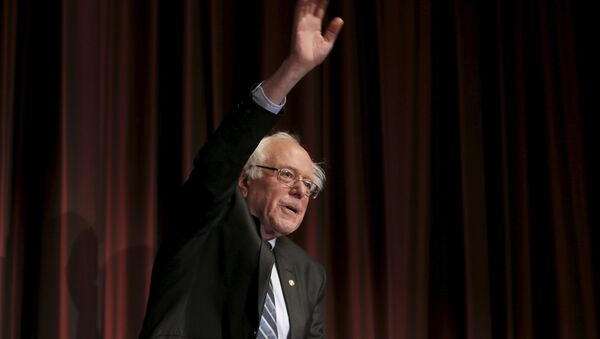Sanders’ lead has now grown to 16% — with 46% of democratic primary voters saying that they intend to vote for the Vermont senator — while Clinton’s dwindling support is at 30%.
Vice President Joe Biden, who has yet to even announce any plan to run, has 14% of voters, should he chose to do so.
As far as the rest of the candidates are concerned, two percent of those polled support former Maryland Governor Martin O'Malley, one percent are rooting for former Virginia Senator Jim Webb, and less than half of one percent back former Rhode Island Governor Lincoln Chafee or Harvard professor Lawrence Lessig.
However, Sanders maintains a solid lead over the former first lady, even if Biden should choose to enter the race.
A recent assessment conducted by CNN showed that Clinton will pick up more of New Hampshire’s Biden supporters than Sanders will — if the vice president does not run.
However, Sanders will still maintain control of the race, holding 49% to Clinton's 36%.
Sanders also holds 56% to Clinton’s 30% among New Hampshire’s liberals, as well as a 37% to 31% lead among moderates.
Once seen as a fringe and unlikely candidate, Sanders momentum has clearly proven otherwise, particularly in the key state of New Hampshire, which will host the first primary election next year.




